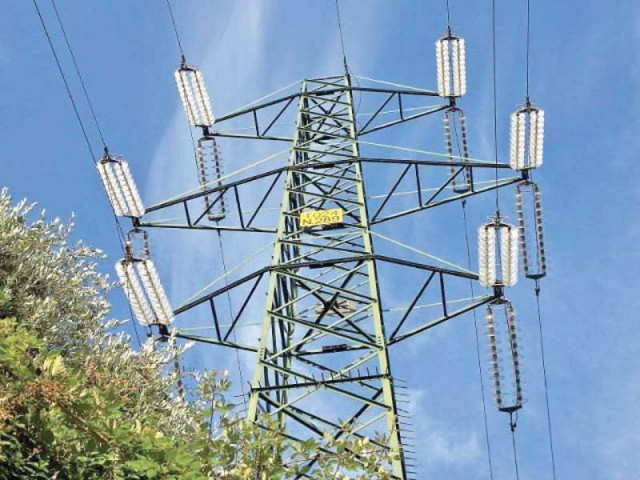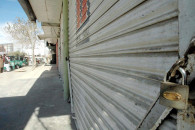Barring Karachi, electricity becomes cheaper by Rs2.6 per unit
Consumers will receive a cumulative relief of Rs20b in December bills

Though more than a year had passed since its (Nandipur power plant’s) commissioning or commercial operation date, the plant could not generate electricity at full capacity. PHOTO: FILE
This will give a cumulative relief of Rs20 billion to consumers in their electricity bills for December. Consumers of privatised K-Electric, which provides electricity to the entire Karachi city, and those using less than 300 units per month will not enjoy the relief.
Households waste 25% of electricity in Pakistan: study
At a public hearing presided over by Nepra Chairman Brigadier (Retired) Tariq Sadozai on Thursday, the regulator said power distribution companies had charged Rs7.3369 per unit from the consumers in fuel cost in October, but actual fuel expenses were significantly lower.
In its petition, the Central Power Purchasing Agency (CPPA) had asked Nepra to reduce the tariff by Rs2.59 per unit as the actual electricity price stood at Rs4.74 per unit compared to the reference price of Rs7.33 per unit.
Among varying power production sources, the CPPA said diesel-based electricity cost Rs12.105 per unit, furnace oil Rs7.9557 per unit, re-gasified liquefied natural gas (RLNG) Rs6.7, bagasse Rs5.982, natural gas Rs5.495 and nuclear Rs1.160. The cost of imported energy from Iran was Rs10.63 per unit.

About 8.494 billion units of electricity were supplied to the distribution companies in October compared to generation of 8.678 billion units. The transmission loss was estimated at 1.99% (172.46 million units) and the total cost of power generation amounted to Rs40.27 billion.
In October, hydroelectric power contributed about 31.8% to the total production whereas furnace oil-based plants generated 30.3% of energy. Natural gas-based plants produced 24.4% of electricity, nuclear 5.04%, RLNG 4.07%, diesel 1.99% and wind 0.82%.
Concern over Nandipur plant's closure
During the hearing, Nepra voiced concern over keeping the Nandipur power plant closed for the past several months.
Govt wants to see more power companies in Karachi
Despite Nepra's decisions in response to the applications filed for the plant's tariff, the Ministry of Water and Power had not notified the tariff, it said and asked whether the government was planning to go to court against the regulator.
It sought a response from the ministry, saying the closure of Nandipur plant had caused a huge loss to the national purse.
Though more than a year had passed since its commissioning or commercial operation date, the plant could not generate electricity at full capacity. Keeping it closed was a violation of the agreement and the plant contractor could face huge penalties.
Power transmission line
The regulator also refused to allow an increase in the cost of a high-voltage direct current (HVDC) transmission line project in a setback to the federal government.
While examining a review petition, Nepra refused to increase tariff for the transmission line. Earlier, the Private Power and Infrastructure Board (PPIB) had filed a petition for revising the tariff upwards to Rs0.95 per unit.
16-paisa cut in power tariff for Karachi
Nepra had set the tariff at 0.70 cent per unit for the supply of electricity through the 878km Matiari-Lahore transmission line connected to over 4,000-megawatt coal-based power projects in Sindh.
This is Pakistan's first high-voltage power transmission line project in the private sector, costing $1.57 billion. However, it has hit a stumbling block as the Chinese company working on it refused to accept the tariff determined by the regulator.
A cooperation agreement for the project, part of the priority list of the China-Pakistan Economic Corridor (CPEC), was signed in April 2015 by the National Transmission and Despatch Company and the State Grid Corporation of China.
Published in The Express Tribune, November 25th, 2016.
Like Business on Facebook, follow @TribuneBiz on Twitter to stay informed and join in the conversation.



















COMMENTS
Comments are moderated and generally will be posted if they are on-topic and not abusive.
For more information, please see our Comments FAQ